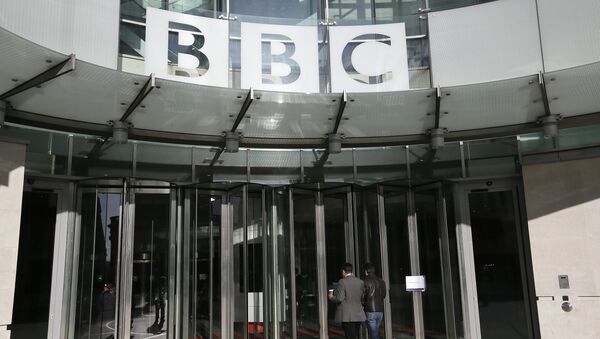Journalist Ollie Richardson reflects on the issue.
Sputnik: Conservative MP Huw Merriman has blamed Dominic Cummings for the "nasty streak" he said was running through Downing Street, in particular a Number 10 briefing that the BBC licence fee was for the chop. How significant are these comments?
Ollie Richardson: Mr. Cummings is of course correct in his approach to criticizing the BBC. The real question is why is he saying now? Why didn't he say these things, for example, five years ago 10 years ago; because nothing has changed in terms of the establishment in England and the United Kingdom. The obvious answer to that question will be the political field in the United Kingdom is now being reformatted. In the United Kingdom, there is no longer this Labour/Tory left/right paradigm. Now we have more of a traditional liberal block and more a block that is looking towards the east and is interested in doing business with Russia and China. That is why we hear calls now saying the BBC is no longer fit for purpose - why should people pay a license fee? It doesn't serve a purpose, it does not correlate to the views of a British person in the year 2020 especially now after Brexit has been implemented.
Sputnik: Do you think some of the answers that Cummings has towards reforming the BBC, despite being controversial; do you think that this will actually fix the BBC? Do you think you'll actually make it fit for purpose all the still be inherent flaws with the broadcaster going forwards?
Ollie Richardson: I don't believe really that the BBC can be reformed as a news agency. As a TV channel, yes they can continue to provide services; bearing in mind in the United Kingdom, the information space is really changing. It's not just the BBC or Sky News, there are other alternatives - Sputnik for example - so it would appear that the BBC is really on borrowed time. I don't think it will just disappear but it is some sort of blunt knife that doesn't really serve a purpose.
Sputnik: Cummings, he's obviously a figure that's incredibly controversial. There's a massive question about the role in which these advisors have and the power of they wield. Is this another example of an unelected advisor with too much power? Or is it just part and parcel of British politics?
Ollie Richardson: Yes, it is just part of the system. On the one hand, we have a lot of unelected people in Number 10. Theresa May was not elected and also many other politicians in Number 10 just came to power because another one resigned. Such people like Cummings at the same time shouldn't have such power but the short answer to that question is it is part and parcel of British politics but as I mentioned before that is now changing because people realize the money that's in their pockets is becoming less and less and the more people that have access to things like social media the less dependent they are on state propaganda and the more aware they are of what is going on.

